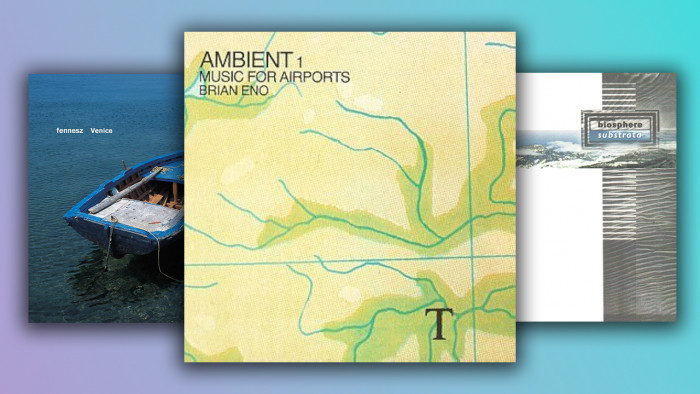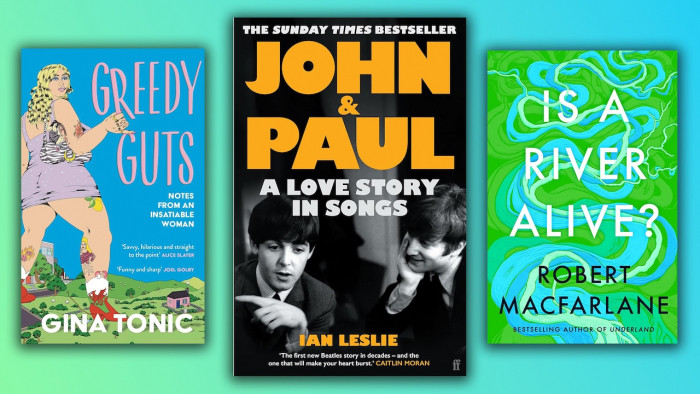The ShortRead of 2 September

Where My Heart Used To Beat
Author: Sebastian Faulks
What's the story: Everyone needs to have read a Sebastian Faulks novel.
Birdsong is superb, a highlight amongst the altogether beautiful 'French Trilogy', which includes The Girl at the Lion d'Or and Charlotte Gray. If you didn't pick up his Bond novel, Devil May Care, you're an utter fool.
So we're doing you a favour by flagging up Where My Heart Used To Beat. Set on a small island off the south coast of France, the story follows Robert Hendricks, an English doctor who has seen the best and the worst the twentieth century had to offer. Confronting the events that made up his life, his search for sanity takes us through the war in Italy in 1944, a passionate love that seems to hold out hope, the great days of idealistic work in the 1960s and finally - unforgettably - back into the trenches of the Western Front.
Turn your phone off, kill your emails, and settle down for a good read.
Release date: 10 September
Extract
It must have been forty-eight hours after I’d written my letter of polite refusal to Pereira that I saw the corner of the envelope, still unposted, beneath some junk mail on the hall table. I pulled it out, dropped it in the wastepaper basket, sat down at my desk and began again. ‘Dear Dr Pereira, Thank you for your letter. I should be delighted . . .’
A week later, I heard back from him; and ten days after that I was on the plane.
Flights to Toulon were rare and expensive; I dog-legged via Marseille and a boxy hire car to the tip of the peninsula – what Pereira called the presqu’île, or ‘almost-island’ – to a small area where pleasure boats and water taxis berthed. Here I stood outside a scruffy place with a red awning, the Café des Pins, waiting to be collected.
What reckoning with my past had made me change my mind? I conceded now that looking back over my youth in such detail was probably a way of preparing my defences. Recent research showed that your brain came to a decision more quickly than your mind could do so and fired the relevant systems before your plodding ‘judgement’ took the credit. Overlooking the implications for free will, or the illusion of it, I was happy to accept that that had been the case with me.
I was going to meet a man who could open a door on to my past: it made me vulnerable to think a stranger might know more about myself than I did; I needed to make sure my own version of my life was in good order. At the same time, the wretched Annalisa business (such a mess of lust and fear and blocked feeling) had made me admit there were aspects of my character – or behaviour, at least – that not only were self-defeating but also inflicted pain on others. Even in my early sixties, I felt young and vigorous enough to change – to confront whatever I had yet to face; and perhaps a medical man of my father’s generation whose special interest was in memory could be the very one to help.
I was into my second cigarette when an old woman in black stopped and looked me up and down.
‘Vous êtes Dr Hendricks?’ Her accent was strongly of the Midi.
‘Oui.’
‘Venez.’ She gestured me to follow. Despite her bowed legs she moved at speed. We went down a stone jetty, past the public ferry that had tied up for the night, over a gangway and on to a boat with a white canopy. It was big enough for a dozen people, though there were only three of us on it. The third was a man in the wheelhouse, who opened the throttle and began to edge the boat out into the waters of the bay.
My French was good enough to ask how far we were going and how long it would take, but I couldn’t make out the old woman’s answers over the noise of the engine, and it seemed to me she preferred it that way. Eventually, I gave up trying to talk and instead looked back over the churning white wake to the port. Twenty minutes later, the mainland was no longer visible; we had left behind the croissant shape of Porquerolles island as we headed away from the setting sun.
For more excellent reads, check out our previous choices below - just click on the link:
Arcadia by Iain Pears
Death by Video Game by Simon Parkin
Borderlines by Michela Wrong
The Jump by Doug Johnstone
The Hiding Room by John Burley
Rogue Lawyer by John Grisham
Go Set A Watchman by Harper Lee
Flood of Fire by Amitav Ghosh
Solomon Creed by Simon Tyne
Finders Keepers by Stephen King
Instrumental by James Rhodes
Natural Born Heroes by Christopher McDougall
The Killing of Bobbi Lomax by Cal Moriarty
A God in Ruins by Kate Atkinson
The Wrong Girl by David Hewson
The 3rd Woman by Jonathan Freedland
Pleasantville by Attica Locke
The Road Beneath My Feet by Frank Turner
So you've been publicly shamed by Jon Ronson
The A to Z of you and me by James Hannah
Cycling Climbs by Claire Beaumont & Nigel Peake
Beyond the Horizon by Ryan Ireland
Mainlander by Will Smith
Second Life by S J Watson
Trigger Warning by Neil Gaiman
The Kind Worth Killing by Peter Swanson
The Harlem Hellfighters by Max Brooks
The Winter War by Philip Teir
The missing and the dead by Stuart MacBride
The Strange Library by Haruki Murakami
The ShortReads of 2014
(Images: Flickr/Kate Hiscock; Rex)
Latest
Related Reviews and Shortlists


The best whisky taste tested









